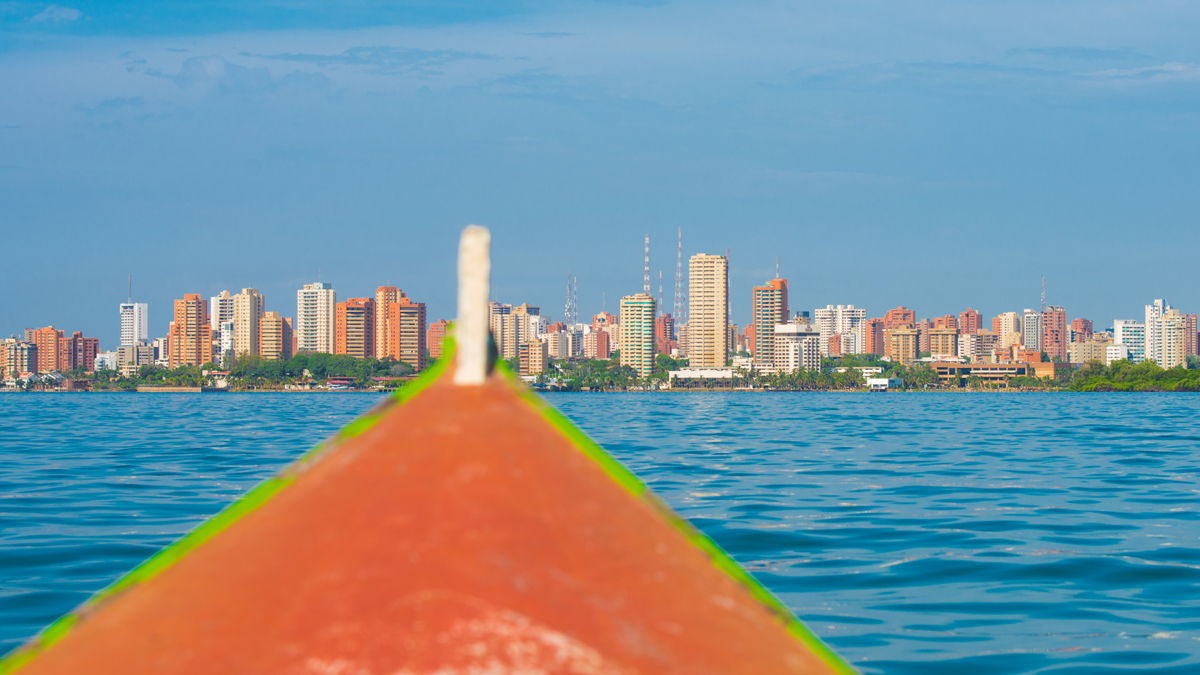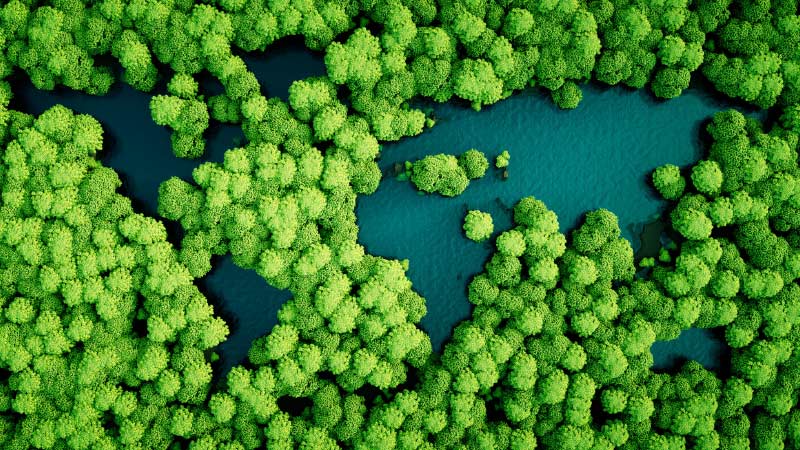
Registration: http://gfhsforum.mikecrm.com/zHJo704
Official web page: http://gfhsforum.org/Events
Background
COVID-19 is continuing to cause human tragedy, social upheaval and economic turmoil across the globe and can be considered as a once-in-a-century ecological security crisis that creates an urgent need for an in-depth reflection on the relationship between humans and nature. But striking a balance between the two will not be possible unless the root causes – rampant destruction of nature, increasing natural resource depletion, sprawling human settlements, unabated greenhouse gases emissions, oceans and coastal pollution, and unsustainable consumption and production patterns – are rapidly halted.
United Nations Secretary-General António Guterres said in the UN policy brief COVID-19 in an urban world: “Now is the time to rethink and reshape the urban world. Now is the moment to adapt to the reality of this and future pandemics. Now is our chance to recover better, by building more resilient, inclusive and sustainable cities.”
The international community therefore must heed to the unprecedented wake-up call that COVID-19 has offered, to take decisive action to halt the destruction of nature and tackle the imminent threats that undermine the health of terrestrial and marine ecosystems and disrupt the global climate, through combining the post-pandemic recovery of people’s well-being and an aggressive transformation towards sustainability. Thus, we shall be able to achieve our vision of a healthy planet upon which all life depends to survive and thrive.
The year 2020 has led the world into a decade of action on the Sustainable Development Goals (SDGs), and the United Nations calls for a networked and inclusive multilateralism which will not only allow the outpouring of global solidarity to combat COVID-19 crisis, but also help overcome the challenges of our current era. 2020 also marks the 15th anniversary of Global Forum on Human Settlements, which has been dedicated to make sustainable cities and human settlements for all.
Against this background, the 15th annual session of Global Forum on Human Settlements (GFHS 2020) will be organized in a virtual format as an observance of Urban October on 15–16 October 2020, with the theme being “Post-Pandemic Recovery and Transformation: Resilient Cities, Healthy Planet”. Within the Forum, UNCTAD, IOI, the WOC and UNEP-FI will be leading session on the “blue economy and healthy oceans”.
Dignitaries from numerous countries, senior officials from the United Nations and concerned international organizations, mayors of leading cities, leaders of multinational enterprises, and well-known experts and scholars will join the online thematic discussions. Also, webcasting will be available to foster interactive dialogues with all stakeholders across the globe and is expected to reach out to a much larger number of interested people.
Objectives
- Draw lessons and accelerate transformation in recovery: the forum will call on the global community to draw lessons from the current pandemic crisis, to make the much-needed transformation which is essential to eradicate poverty, protect the planet, and ensure health and prosperity for all.
- Promote terrestrial and marine biodiversity conservation: the forum aims to provide a valuable global platform for high-level dialogue and sharing of innovative approaches, strategies, technologies and successful local experiences, to promote the conservation and sustainable management of biodiversity, advocate nature-based solutions and resource recovery, facilitate harmony between built environment and nature, and guarantee ecological security.
- Strengthen urban safety and resilience: the forum seeks to offer practical solutions to how cities should be planned, designed, financed, developed, governed and managed so as to support a stronger and greener recovery, building up cities’ adaptive capacity against all shocks and stresses, and enhance safety, resilience and sustainability in diverse urban systems.
- Foster partnership towards SDGs: the forum is designed to strengthen capacity building, cultivate new type partnerships, foster urban innovation, accelerate effective actions, and to drive progress towards achieving the Sustainable Development Goals and a better future.
Co-organizers:
- Global Forum on Human Settlements (GFHS)
- World Meteorological Organization (WMO)
- International Telecommunication Union (ITU)
- International Union for Conservation of Nature (IUCN)
- International Science Council (ISC)
In collaboration with:
- United Nations Economic and Social Commission in Asia and the Pacific (ESCAP)
- United Nations Economic Commission for Europe (ECE)
- United Nations Office for Disaster Risk Reduction (UNDRR)
- United Nations Development Programme (UNDP)
- United Nations Conference on Trade and Development (UNCTAD)
- Asian Development Bank (ADB)
- United Nations Convention on Biological Diversity (UNCBD)
- United Nations Centre for Regional Development (UNCRD)
- UNEP Finance Initiative (UNEP-FI)
- World Urban Campaign (WUC)
- Global One Belt One Road Association (GOBA)
- Global Blockchain Alliance (GBA)
- Quality of Life and Environment Foundation (QLEF)
- China Research Society of Urban Development (CRSUD)
- International Ocean Institute (IOI)
- World Ocean Council (WOCc)
- Universal Peace Federation (UPF)
- World Association of Non-Governmental Organizations (WANGO)

Related
Topic
 Trade and environment
Trade and environment
Project
Contact
Global Forum on Human Settlements (GFHS):
Christine He: christine.he@gfhsforum.org
UNCTAD:
David Vivas Eugui: David.vivaseugui@unctad.org
Claudia Contreras: claudia.contreras@unctad.org
International Ocean Institute (IOI):
Atonella Vassallo : antonella.vassallo@ioihq.org.mt



